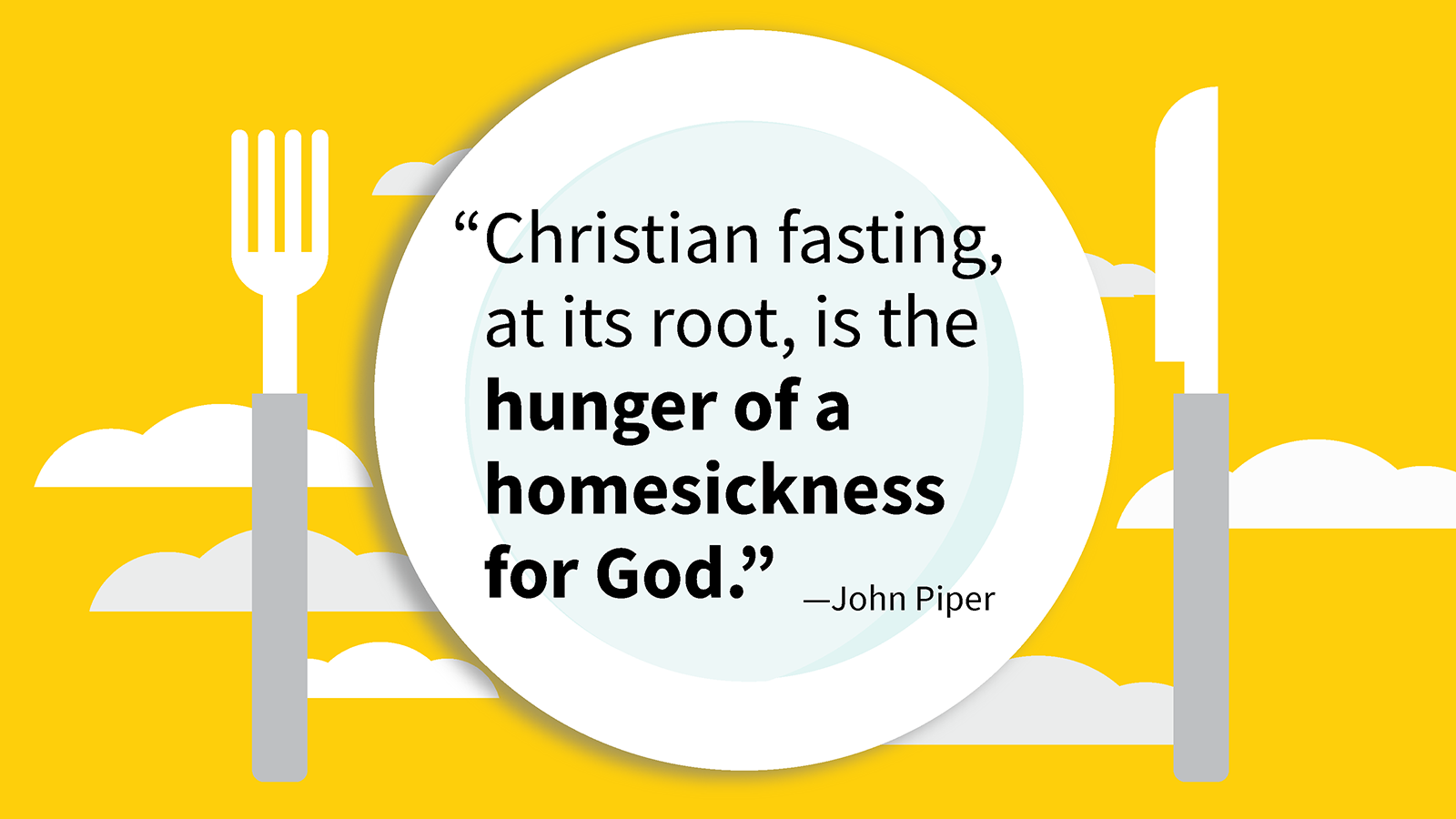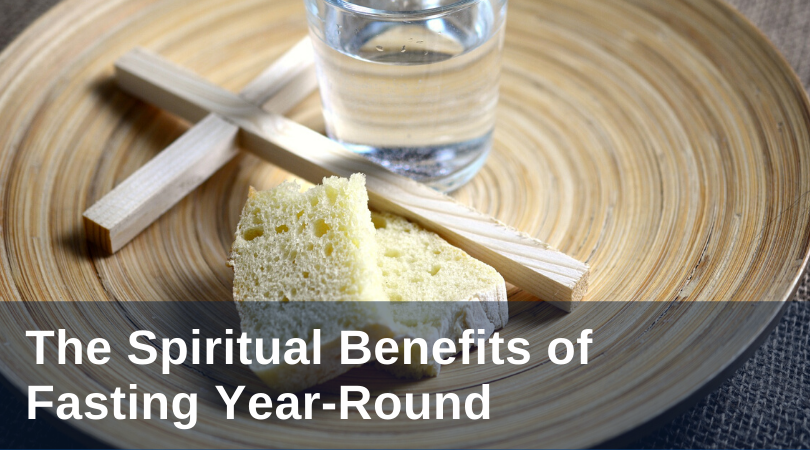To safely engage in fasting as a spiritual practice, start gradually and stay hydrated throughout. Fasting can offer numerous spiritual benefits, including increased mindfulness and a deeper connection to one’s beliefs.
However, it’s crucial to approach fasting with caution and prioritize your health. Consult with a healthcare professional before starting a fasting regimen, especially if you have any underlying health conditions. By being mindful of your body’s signals and ensuring a balanced approach, fasting can be a meaningful spiritual experience.
Remember to listen to your body, respect its limits, and approach fasting as a journey towards spiritual growth and self-discovery.
The Essence Of Fasting In Various Spiritual Traditions
The Essence of Fasting in Various Spiritual Traditions
Roots In Religious Practice
Fasting has deep roots in various religious traditions, serving as a means to purify the body and spirit, and to demonstrate devotion and self-discipline. In Christianity, fasting is observed during Lent, while in Islam, it is a central pillar of Ramadan. Similarly, in Judaism, Yom Kippur involves a day of fasting, repentance, and introspection. The act of fasting is seen as a way to connect with the divine and focus on spiritual growth.
Modern Spiritual Context
In the modern spiritual context, fasting is embraced as a practice for self-reflection, mindfulness, and inner peace. Many individuals engage in intermittent fasting as a means to cultivate a deeper connection with their inner selves. This practice is often associated with promoting mental clarity, emotional balance, and heightened spiritual awareness. Moreover, fasting is viewed as a way to detoxify the body and mind, promoting overall well-being and spiritual alignment.
Health Benefits And Risks Of Fasting
Fasting is an ancient spiritual practice that has been used for centuries by different cultures and religions. Apart from its spiritual significance, fasting has several health benefits and risks that individuals need to be aware of before engaging in this practice. In this article, we will explore the physical health impacts, mental and emotional considerations of fasting.
Physical Health Impacts
Many studies have shown that fasting can have significant physical health impacts, such as:
- Weight loss: Fasting can help individuals lose weight by reducing calorie intake. However, it is essential to note that fasting should be done under the supervision of a healthcare professional to avoid malnutrition.
- Improved insulin sensitivity: Fasting can help improve insulin sensitivity, leading to better blood sugar control and reduced risk of type 2 diabetes.
- Reduced inflammation: Fasting can reduce inflammation in the body, which is linked to several chronic diseases such as heart disease, cancer, and arthritis.
- Improved heart health: Fasting has been shown to improve heart health by reducing blood pressure, cholesterol levels, and oxidative stress.
Mental And Emotional Considerations
Fasting can also have mental and emotional impacts, such as:
- Improved focus and clarity: Fasting has been associated with increased focus and mental clarity, which can enhance productivity and creativity.
- Reduced stress and anxiety: Fasting can help reduce stress and anxiety by promoting relaxation and mindfulness.
- Improved mood: Fasting has been shown to improve mood by increasing the production of endorphins, which are natural mood-boosting chemicals.
- Possible negative impacts: Fasting can also have negative mental and emotional impacts, such as irritability, fatigue, and difficulty concentrating, which can affect daily activities.
Preparing Your Body And Mind For Fasting
Fasting is a spiritual practice that can provide numerous benefits for your body and mind. However, it is essential to prepare yourself physically and mentally before embarking on a fasting journey. By following proper pre-fast nutrition guidelines and implementing mental preparation strategies, you can ensure a safe and successful fasting experience.
Pre-fast Nutrition Guidelines
Paying attention to your nutrition before starting a fast is crucial for maintaining good health and energy levels throughout the process. Here are some key guidelines to follow:
- Consume a well-balanced diet in the days leading up to your fast, including a variety of fruits, vegetables, whole grains, and lean proteins.
- Avoid excessive consumption of processed foods, sugary snacks, and beverages high in caffeine or alcohol.
- Stay hydrated by drinking an adequate amount of water each day.
- Consider gradually reducing your portion sizes and cutting back on unnecessary calories to ease your body into the fasting period.
Mental Preparation Strategies
Preparing your mind for fasting is just as important as preparing your body. Here are some strategies to help you mentally prepare for the fasting experience:
- Set clear intentions for your fast. Reflect on your goals, whether it’s for spiritual enlightenment, self-discovery, or practicing self-discipline.
- Practice mindfulness and meditation to cultivate a sense of inner peace and calmness before entering the fast.
- Engage in activities that promote relaxation, such as yoga or deep breathing exercises.
- Seek support from friends, family, or a community of like-minded individuals who have experience with fasting. Sharing your journey can provide encouragement and motivation.
By following these pre-fast nutrition guidelines and mental preparation strategies, you can ensure that your body and mind are ready for the fasting experience. Remember to always listen to your body and consult with a healthcare professional before starting any fasting regimen. Happy fasting!
Choosing The Right Type Of Fast For You
Embarking on a fasting journey can be a powerful way to connect with your spirituality and enhance your overall well-being. However, with various fasting methods available, it’s essential to choose the right type of fast that suits your individual needs and goals. In this section, we will explore three popular fasting approaches: water fasting, juice fasting, and intermittent fasting.
Water Fasting
Water fasting is a type of fast where you consume only water for a designated period, typically ranging from 24 hours to several days. This fasting method allows your body to enter a state of deep cleansing and detoxification. It helps reset your digestive system and supports the elimination of toxins from your body. Water fasting can be a challenging yet rewarding experience, promoting mental clarity and spiritual connection.
Juice Fasting
Juice fasting involves consuming only fresh fruit and vegetable juices while abstaining from solid foods. This type of fast provides essential nutrients and enzymes while giving your digestive system a break. Juice fasting is a milder alternative to water fasting, making it more suitable for beginners or those who prefer a gentler approach. It offers similar benefits such as detoxification, increased energy levels, and improved mental focus.
Intermittent Fasting
Intermittent fasting is a fasting pattern that involves alternating periods of fasting and eating. It has gained popularity for its flexibility and potential health benefits. With various intermittent fasting methods, such as the 16/8 method or alternate-day fasting, you can adapt the fasting schedule to your lifestyle. This approach allows your body to experience brief periods of fasting, promoting fat burning, regulating blood sugar levels, and supporting cellular repair.
When choosing the right type of fast for you, consider your goals, physical health, and personal preferences. It is crucial to listen to your body and consult with a healthcare professional if you have any underlying medical conditions or concerns. Remember, fasting is a personal journey, and finding the fasting method that resonates with you is key to a safe and fulfilling experience.
Creating A Supportive Fasting Environment
Create a supportive fasting environment by setting clear intentions, finding a quiet space, and surrounding yourself with like-minded individuals. Prioritize self-care, stay hydrated, and listen to your body’s needs. Embrace fasting as a spiritual practice with mindfulness and gratitude.
Creating a Supportive Fasting EnvironmentSelecting Your SpaceWhen fasting as a spiritual practice, choosing the right space can greatly impact your experience. Create a peaceful environment with minimal distractions. Find a quiet room or corner, and consider using soft lighting or candles to promote a calm atmosphere.Involving Your CommunityEngaging in fasting within a supportive community can provide encouragement and accountability. Share your fasting intentions with close friends or family members who understand and respect your spiritual practice. Seek out groups or online communities that align with your beliefs to gain additional support and guidance.
Credit: www.instagram.com
Guidelines For During The Fast
Daily Rituals And Practices
Establish a daily routine for prayer and reflection.
Include meditation to promote inner peace and clarity.
Listening To Your Body
Stay hydrated by drinking water throughout the day.
Rest when needed and avoid overexertion.
Addressing Challenges And Staying Motivated
Discover how to safely engage in fasting as a spiritual practice, while addressing challenges and staying motivated. Explore effective strategies for maintaining focus and finding inspiration throughout your fasting journey. Embrace the transformative power of this practice and nourish your spiritual well-being.
Dealing With Hunger
When fasting, drink water and herbal teas to curb hunger pangs.
Overcoming Mental Blocks
Stay motivated by reflecting on the spiritual benefits of fasting.
Breaking The Fast Safely
Reintroducing foods gradually is crucial to avoid digestive issues after fasting.
Reintroducing Foods
Start with easily digestible foods like fruits and vegetables.
Slowly incorporate complex carbohydrates, proteins, and fats over a few days.
Post-fast Recovery
Stay hydrated with water, herbal teas, and broths post-fast.
Include probiotic-rich foods to support gut health.
Integrating The Fasting Experience Into Everyday Life
Fasting as a spiritual practice can be seamlessly integrated into our daily routines with mindful planning and commitment.
Lessons Learned
Reflect on the lessons gained from each fasting experience.
Maintaining Spiritual Insights
Nurture and preserve the spiritual insights gained through fasting.

Credit: www.cru.org
Legal And Medical Disclaimer
Fasting is a spiritual practice that has been observed for centuries, offering a time for self-reflection and spiritual growth. However, it’s essential to approach fasting with caution and awareness of potential health implications. Before embarking on a fasting journey, it’s crucial to understand the legal and medical disclaimers associated with this practice.
Consulting Health Professionals
Before engaging in any form of fasting, it’s imperative to consult with a qualified healthcare professional. Consulting with a doctor or a registered dietitian can provide personalized guidance based on your medical history, current health status, and nutritional needs. They can help you create a safe and sustainable fasting plan tailored to your individual requirements.
Understanding Your Limits
Each person’s body responds differently to fasting, and it’s crucial to understand your physical and mental limits. It’s essential to listen to your body and be aware of any signs of distress or discomfort during fasting. If you experience any adverse effects such as dizziness, extreme fatigue, or weakness, it’s important to discontinue fasting and seek medical attention immediately.

Credit: mcgrathblog.nd.edu
Frequently Asked Questions
What Is Fasting As A Spiritual Practice?
Fasting as a spiritual practice involves abstaining from food or certain types of food for a set period. It is often done for religious or spiritual reasons, to cultivate discipline and focus, and to deepen one’s connection with the divine.
How Can Fasting Benefit Spiritual Growth?
Fasting can benefit spiritual growth by promoting self-discipline, introspection, and mindfulness. It allows individuals to redirect their focus from physical needs to spiritual pursuits, fostering a deeper connection with their inner selves and the divine.
Is It Safe To Engage In Fasting For Spiritual Purposes?
When done mindfully and with proper guidance, fasting can be safe for spiritual purposes. However, individuals with health conditions should consult a healthcare professional before embarking on a fast to ensure it aligns with their overall well-being.
What Are Some Tips For Safely Engaging In Fasting?
To safely engage in fasting, it’s important to stay hydrated, start with shorter fasts, and gradually increase the duration. Listening to your body, consuming nutrient-rich foods before and after a fast, and seeking support from a spiritual community can also enhance the experience.
Conclusion
Fasting is not only a spiritual practice but also a way to improve overall health and well-being. By following these tips on how to safely engage in fasting, you can experience the many benefits it has to offer without compromising your health.
Remember to listen to your body, stay hydrated, and consult with a healthcare professional if you have any concerns. With proper preparation and mindfulness, fasting can be a powerful tool for spiritual growth and physical health.



